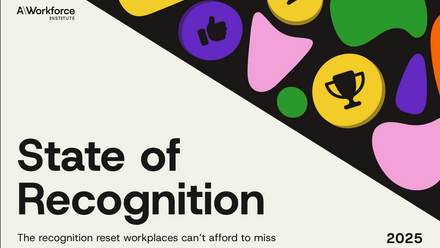rebaLINK: How employers are utilising Long Service Awards

A question was recently raised on rebaLINK – REBA’s online member-only networking and due diligence platform – querying whether companies should move away from long service awards in favour of a more strategic recognition programme. They asked other members to outline their own experiences of recognition programmes and whether they too had removed long service awards.
The general consensus was that long service awards were still valued – particularly in certain geographies where there is a cultural focus on long service. However, there needs to be a balance between these awards and other forms of recognition that are more values-based.
Of those Professional Members who responded to the post, the majority gave out long service awards, often with increasing value. It was also common to announce these milestones at all staff meetings. However, long service awards were more often than not, offered alongside values-based recognition schemes.
Adapting recognition schemes
Of those who responded, all of them had undergone a review of their long service awards, with most changing their approach to repurpose some funds to use against a values-based arrangement.
Reviews were implemented for a host of reasons, from concerns around age discrimination, through to wanting to align and unite employees following a series of mergers and acquisitions.
One Professional Member felt that the focus was certainly moving away from long service and was now heading towards ‘services’ or ‘achievements’ awards. However, they agreed that in reality, instead of scrapping long service awards, a hybrid model was likely to emerge where tenure was still recognised but was not the focal point.
However, a note of caution was added, highlighting the sensitives around long service awards in different countries and cultures, where these are often more highly valued than in the UK. As such, they warned that any changes to long service awards should be dealt with sensitively.
For another organisation, which had already removed its long service awards – due to concerns that its policy of providing annual leave increments for long service could have been age-discriminative – is now reconsidering them as a way to reduce turnover.
Certainly the reasons for having long service awards are varied, from using them as a retention tool through to uniting employees under a single set of values, and having another ‘tool’ in the reward arsenal. What is abundantly clear is that appropriately designed long service awards are here to stay, particularly when used to complement a broader reward and recognition strategy.
As one of our Professional Members noted: “There is still a place for tenure based recognition, I think, but it needs balance.”
Join the conversation on rebaLINK.
The author is Dawn Lewis, content editor at REBA.






